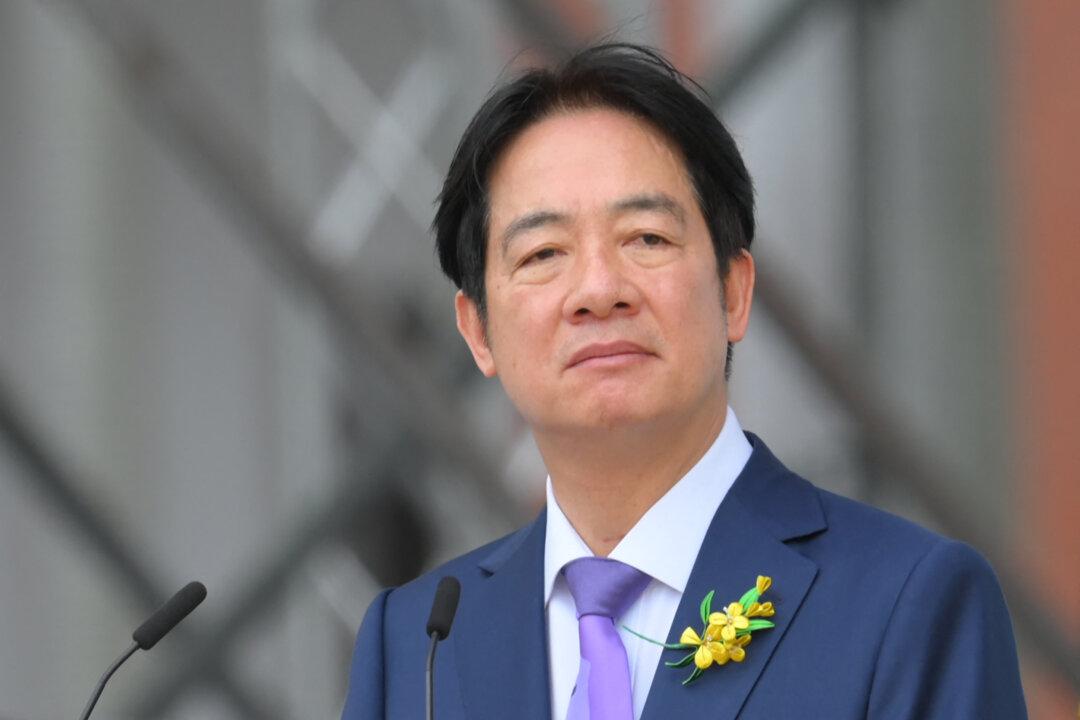Taiwan’s president will ask the country’s constitutional court to interpret controversial parliamentary reform measures that grant the legislative branch more powers, he announced on June 24.
In his first press conference since taking office last month, President Lai Ching-te said he has signed the legislation into law but would challenge it by seeking a ruling from Taiwan’s highest court.




